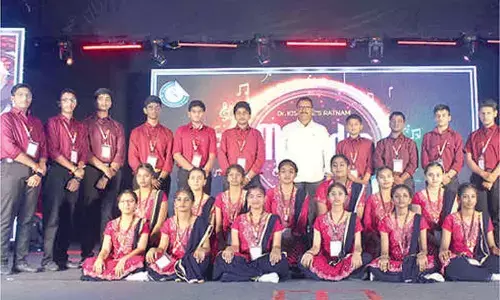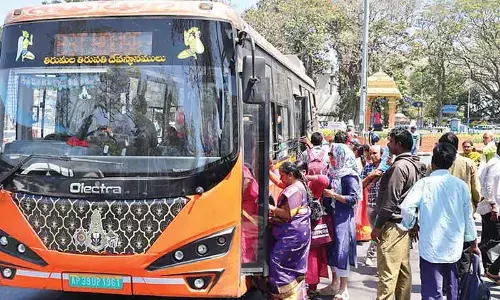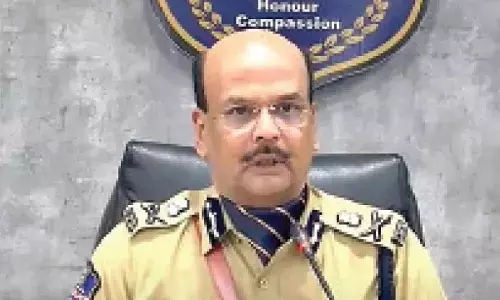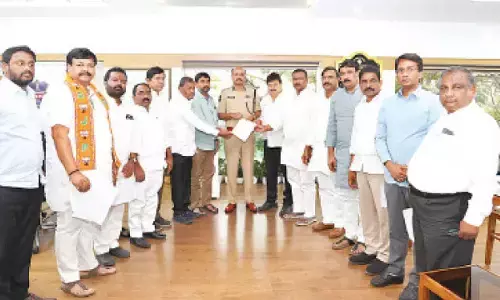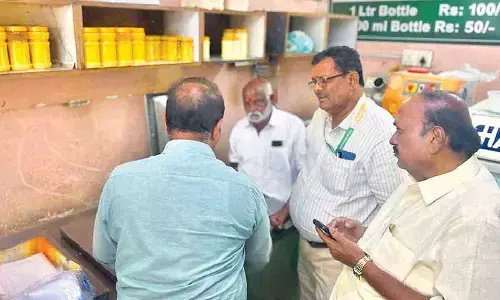SC Renders A Basketful Of Judgments
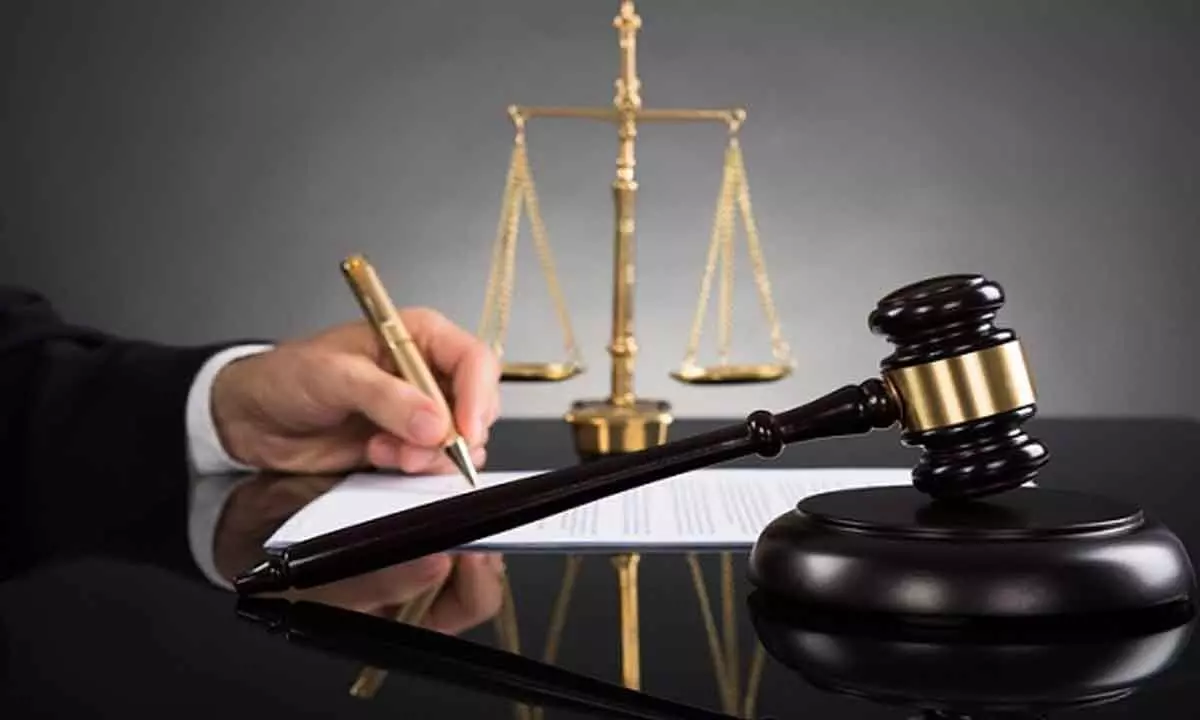
From what has been the recent trend in the higher judiciary, it seems the days of inordinate delays have become a history. The justice delivery mechanism of late, has become super active considering the fact that high courts as well as the apex court have recently delivered a plethora of judgments, most of them having far reaching consequences.
The judgment on November 2016 demonetisation of Rs. 500 and Rs. 1,000 currency notes had created a sort of vortex in the county's economy. It had also prompted several people to approach the supreme court of India questioning the legality of the decision most of the petitioners had a common point, i.e. the demonetisation had a devastating effect on the society at large and further that the government's decision was without the approval of the parliament . Hence, it was an ultra-vires act.
A Constitution bench of five judges of the apex court considered several angles before arriving at the final conclusion that there was no illegality or unconstitutionality in the decision of demonetisation. However, the Supreme Court verdict is not unanimous. It is a majority judgment of 4:1 which is a depiction of judicial freedom that the apex court and other courts in the country enjoy. Apart from the legal victory, what is the matter of serious concern today is that the cash in circulation has increased by 83% therefore, effective steps need to be taken at the earliest.
Another judgment delivered by the Supreme Court relates to the oft spoken freedom of expression guaranteed under Article 19(1) of the Constitution. A Constitution bench after considering various aspects has come to a conclusion that no more curbs on the freedom of expression are required. Ours is a vibrant democracy and the voice of decent is an essential part of a healthy democracy. However, under the garb of freedom of democratic expression no person or group howsoever influential may be, can be allowed to cross the limits of decency and propriety. Any utterances against the unity and integrity of the country or those likely to damage the security of the country should never be allowed at any cost. The present laws are sufficient to deal with the divisive forces.
Yet, in another verdict which will make the right-thinking people under over, the apex court has come down heavily on the over suspicious elements who perceive every religious conversion for the viewpoint of a challenge to the harmonious fabric of the society. Without mincing the words, the Supreme Court has declared that every conversion, parse, need not be looked at with coloured glasses. Just as the people have the freedom of expression, freedom of movement and other fundamental rights under the constitution of India, they have also right of choosing a religious faith. True, such a choice must be voluntary and without any undue influence, temptation or coercion.
However, a bolt from the blue came from the apex court when a bench comprising the Chief Justice DY Chandrachud and Justice P S Narsimah while setting aside the order passed by J&KL High Court in 2018 by which it had directed that the people be allowed to bring their own food and drinks inside the theatre. Subsequent cases pending in various high courts including the Delhi and Bombay on the same issue have been settled now with the apex court holding that the theatre owners can bar moviegoers from bringing outside food.
The apex Court reasoning for such a verdict seems purely technical as it says that the theatres are private properties and the owners have a right to prescribe dos' or don'ts to the moviegoers. Indeed, it is far from the reality. The greedy theatre owners fleece the gullible movie goers, mostly middleclass people and the unemployed by charging the food items and soft drinks about 400 to 500 per cent more than the maximum retail price (MRP). Such practice is not only unethical but also illegal and Supreme Court ought to have considered this ground reality before passing a verdict in favour of the theatre owners. Therefore, this matter deserves a Review.
COL. PUROHIT DENIED DISCHARGE IN MALEGAON CASE
The division bench of Justice Ajay Gadkari and Justice P.D Naik of the Bombay High Court on January 2, while dismissing the discharge petition of a prime accused in the 2008 Malegaon Blast case observed that a bomb explosion and causing the death of six people is not an act of ' official duty.'
The court held that there were no connection with the blast and Purohit's official duties and hence no prior sanction for his prosecution was required. The court further observed that upon a minute reading of the case record, it becomes clear that Purohit was never granted permission by the government to float Abhinav Bhart. He, being a serving commissioned officer of the Armed Forces, he was also not permitted to collect funds for the organisation, the bench added.
US APPOINTS THREE INDIAN AMERICANS AS COUNTY JUDGES
In Fort Bend County of the United States three Indian-American Democrats have been sworn as judges on January 1.
The new judges included, Juli A. Mathew, K.P George and Surendran K. Pattel. Mathew has earlier served as a county judge for a period of four years and this election gives her another term of four years. All the three Indian-American Judges hail from the State of Kerala.
DLSAs FOR 23 TS DISTRICTS INAUGURATED
Chief Justice of Telangana High Court Ujjal Bhuyan on January 2, virtually inaugurated the District Legal Services Authorities (DLSA) for the new 23 districts. The State has already DLSAs in ten existing districts.
The DLSAs are intended to help the poor and the marginalised to take the benefits of the Rule of Law to their doorsteps.
TAKING AWAY WIFE'S ARTICLES ILLEGAL: DELHI HC
In a judgment of far reaching consequences the single bench of Justice Amit Mahajan of the Delhi High Court on December 30 in a case titled Akshay Dhingra Vs. State (NCT Delhi) held that the law does not permit even the husband to take away the household articles including the jewellery belonging to wife without her consent and knowledge. Dismissing the petition for pre-arrest bail filed by the husband the court also observed that no person can be allowed to take law in his own hands with an excuse that the parties are litigating, and added: "only because a complaint of wife in relation to streedhan is pending, does not mean that the husband can be allowed to surreptitiously throw the wife out of the matrimonial house and take away the articles."


